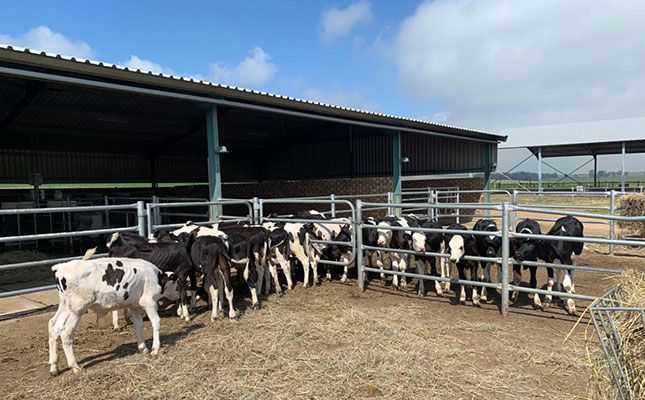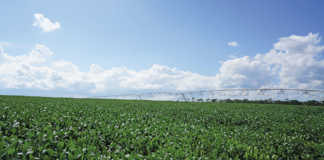
Photo: Roy Jankielsohn
Despite being “really happy” with the fact that the transfer of the Vrede dairy farm project in the Free State has finally been completed, there is still some frustration among the beneficiaries.
Ephraim Dhlamini, chairperson of the Vrede Integrated Farming Trust, expressed frustration about the fact that the audit of the farm implements was still in progress a week after the transfer took place.
People were also already trying to take advantage and “worm themselves into the project”, he said.
“The trust owns a 51% stake in the project. We would like to take full ownership of the project. If that it not possible, we would like, at least, to have a say in who we would like to partner with,” Dhlamini said. The remaining 49% stake was currently open to “strategic partners”, according to Free State Premier Sisi Ntombela, who officially handed over the Vrede dairy farm project to the beneficiaries on 14 January.
According to the Free State Department of Agriculture and Rural Development, the 2 200ha farm housed 582 dairy cattle, nine horses, and 10 tractors. Two managers along with 39 youths from the nearby township were also currently employed on the farm, while six workers from the trust would also now be employed there.
“It will take some time before any dividends will be paid out to beneficiaries, but they [will] be able to make some money by working on the farm. For the young people, the farm presents an opportunity to build some skills,” Dhlamini added.
Dr Roy Jankielsohn, leader of the DA in the Free State, said the transfer of the farm was a victory for the party’s nine-year relentless battle to gain recognition and inclusion in the project for the beneficiaries, some of whom had since passed away.
He added that the initial R360 million investment and R20 million/year to cover operating costs paid over the past few years could have been better spent on training the beneficiaries and equipping them with skills to turn the project into a profitable business.
Jankielsohn also expressed concern that the local municipality had turned part of the farm into a dumping site.
“The DA will continue to monitor the progress of this project to ensure that the rights and entitlements of the beneficiaries are respected,” he said.
Thembeni Nxangisa, Free State MEC for agriculture and rural development, urged the 65 beneficiaries to work closely with the department, as it was committed to supporting the farm for the next three years through mentoring, training, and a R20 million investment in operations and the expansion of production from dairy production to include beef, cultivated pasture, maize, soya beans, and vegetables.
“The farm will be very active and we want to grow it into a commercial entity by the time we withdraw our support,” Nxangisa said.
He added that various steps had been taken to prevent any corruption similar to that associated with the earlier project.
Ntombela said in a statement that projects such as these were contributing significantly to the steady growth of black farmers in the agriculture sector, as numbers were still low, and also inspiring households to once again participate in agricultural activities.












